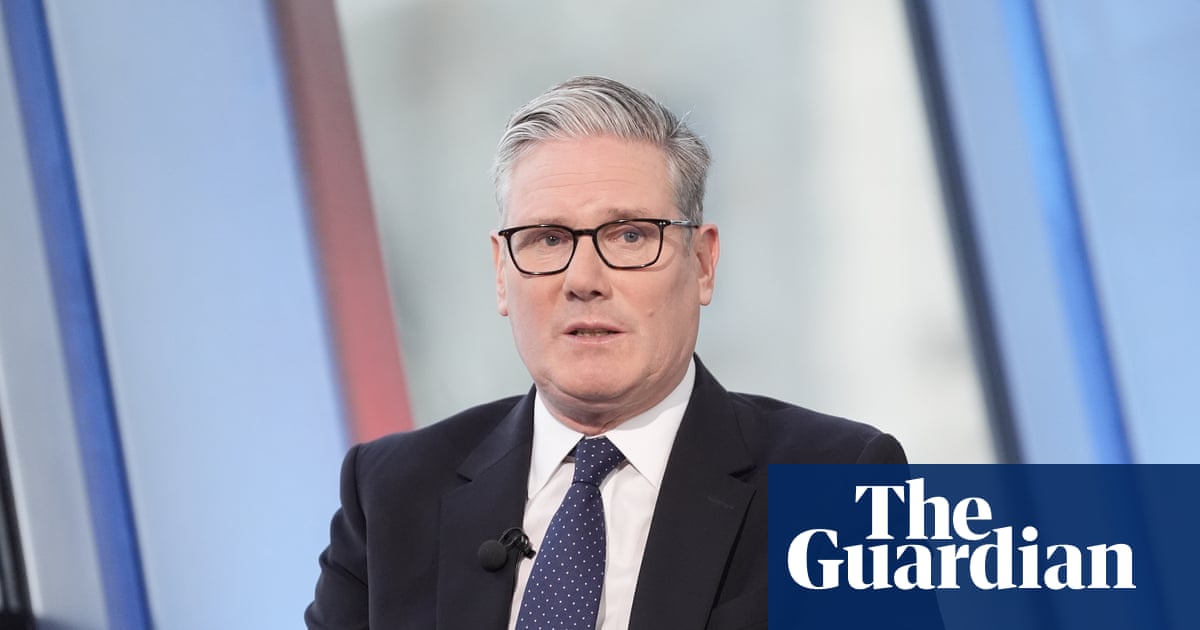Keir Starmer found himself taking questions about a field for donkeys that he bought for his parents in 1996 as he gave an interview to the BBC’s Laura Kuenssberg at the start of the Labour conference.
The Sunday Times had asked whether he put the field in a trust for his parents and allowed it to revert to him on their death as a way of avoiding any future inheritance tax liability. He categorically denied that this was the case.
Why has the question arisen of whether Starmer had a trust?
Starmer bought his parents a field at the back of their house for £20,000 because his mother liked donkeys. He later sold it for almost £300,000 in 2022. The obvious structure would have been that Starmer owned the land throughout this period while his parents simply used it for their donkeys.
He forgot to declare it to the parliamentary authorities for some years while an MP, for which he apologised at the time. And in a statement to the parliamentary standards commissioner in 2022, Starmer said: “I immediately gifted the land to my parents for as long as they should live but I did not transfer the legal title – that remained with me.”
This language around “gifting” has led legal experts to suggest to the Sunday Times that a trust may have been created, which could have helped him avoid any future inheritance tax liability upon the death of his parents. His mother died in 2015 and his father in 2018 and their estate does not appear to have been big enough for inheritance tax to apply.
What does Starmer say about it?
The prime minister told Kuenssberg on Sunday that no trust was created. He said he bought the land because he was working as a lawyer at the time and had enough money to buy a field that would help his parents keep donkeys.
“I bought a field for my mum and my dad because they loved donkeys. My mum was very ill and she couldn’t move around any more,” he said. “She, by the end of her life, had her leg amputated and she could barely communicate. She was very, very ill.
“She loved her donkeys and I wanted her to be able to see her donkeys. I was a lawyer, I had quite a lot of money, I bought a field for £20,000 at the back of their house. I said: ‘Here’s your field. It’s yours for as long as you may live.’”
He added: “The idea of setting up some complicated trust for a £20,000 agricultural field which then housed four donkeys? It was so my mum, she was able to – they had a little outhouse at the edge of the field – and she was able, in the end, to see the donkeys. My dad built a little sort of porchway so he could wheel the wheelchair out so she could touch the donkeys. That’s what it was for. I gave it to them.”
Starmer said he had no thoughts about tax in his mind at the time but in recent weeks he has commissioned a KC with expertise in tax to make sure the right amount was paid at all times.
Why did he not simply say this to the Sunday Times when it asked about it three weeks ago?
This is one of the mysteries about No 10’s handling of queries around the donkey field. It did not categorically say there was no trust in its original statement to the Sunday Times but is now clear that Starmer did not create any complicated legal structure or additional paperwork with the help of lawyers – he simply told his parents that they could use the land for their animals.
Some lawyers may still argue that the gift of land while retaining ownership in itself creates a trust but this would not be the case if he was simply allowing his parents to use land that he bought.
A Downing Street spokesperson told the Sunday Times: “Keir Starmer bought a field for his parents to use for their donkeys during his parents’ lifetime. He did not give any thought at the time to any tax considerations. His only consideration was the wellbeing of his parents … Keir Starmer engaged a leading tax KC to give him comprehensive advice on all the taxes paid. He confirmed that there had been absolutely no underpayment of taxes.”
Starmer appears to dislike talking about his family affairs so he may have thought the whole business was a private matter. But as Angela Rayner’s resignation after her mistake over paying the right amount of stamp duty shows, there will always be scrutiny of the tax affairs of senior politicians.
Quick GuideContact us about this storyShow
The best public interest journalism relies on first-hand accounts from people in the know.
If you have something to share on this subject, you can contact us confidentially using the following methods.
Secure Messaging in the Guardian app
The Guardian app has a tool to send tips about stories. Messages are end to end encrypted and concealed within the routine activity that every Guardian mobile app performs. This prevents an observer from knowing that you are communicating with us at all, let alone what is being said.
If you don’t already have the Guardian app, download it (iOS/Android) and go to the menu. Select ‘Secure Messaging’.
SecureDrop, instant messengers, email, telephone and post
If you can safely use the Tor network without being observed or monitored, you can send messages and documents to the Guardian via our SecureDrop platform.
Finally, our guide at theguardian.com/tips lists several ways to contact us securely, and discusses the pros and cons of each.
Illustration: Guardian Design / Rich Cousins
Thank you for your feedback.

